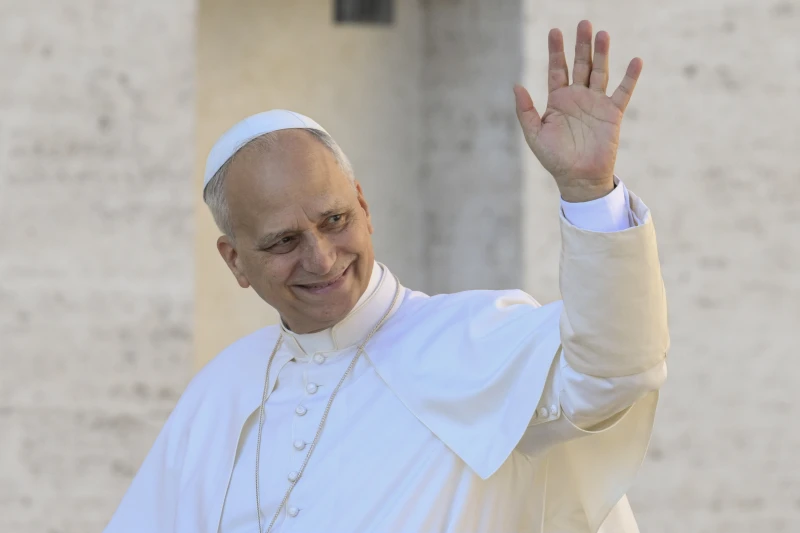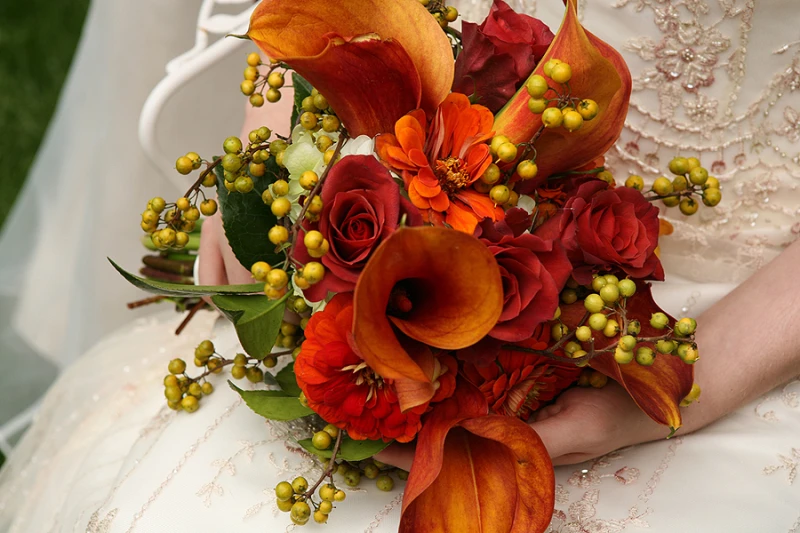

Pope Leo waves to the crowds in St. Peter’s Square on Sept. 6, 2025. / Credit: Vatican Media
CNA Staff, Sep 12, 2025 / 14:56 pm (CNA).
A new report from a Pew Research Center survey finds that 8 out of 10 American Catholics view Pope Leo XIV favorably.
According to the report, 84% of U.S. Catholics surveyed say they have a “mostly favorable” view (47%) of the pope or a “very favorable” view (37%) — while only 4% of Catholics view him unfavorably and 11% say they have never heard of him.
Among non-Catholic Americans, more than half of those surveyed (56%) say they view him favorably, while 31% say they have never heard of him.
Pew surveyed 9,916 U.S. adults (which includes 1,849 Catholics) from July 8 through Aug. 3. The margin of error in the survey is plus or minus 3.1 percentage points.
The very same percentage of U.S. Catholics — 84% — viewed Pope Francis favorably in the early months of his pontificate as well, according to the report.
Those who attend Mass more often have a more favorable view of the new pope. Among U.S. Catholics who attend Mass weekly or more often, 95% say they have a favorable view. Of those who attend Mass once or twice a year or a few times a month, the number stands at 84%, while 77% of Catholics who seldom or never attend Mass say they have a favorable view.
More than three-quarters of U.S. Catholics say they are excited that Leo, born Robert Francis Prevost in Chicago in 1955, is the first U.S.-born pope.
Though so many view him in a positive light, only 7% of Catholic survey respondents say they know a lot about the new pope, while a quarter say they know nothing at all. Just under 70% say they know “a little” about the pontiff, who spent decades working for the Church in Peru, eventually serving as the bishop of Chiclayo from 2015 to 2023.
He was elected to the papacy by the College of Cardinals on May 8 after the death of Pope Francis on April 21.
Among weekly Catholic Mass attendees, 75% say they only know a little about the new pope, and 11% say they know nothing.
“These numbers show both the excitement and the challenge of a new papacy,” said Montse Alvarado, president and COO of EWTN News (CNA’s parent company). “While Pope Leo XIV has been warmly received, many still don’t know his story.”
“With our presence in Peru and the Vatican, and decades of experience covering the Church, EWTN News is uniquely positioned to help Catholics understand the people and places that shaped the Holy Father — and to serve as a force for unity for his pontificate,” she said.
The latest findings are part of Pew’s American Trends Panel, part of Pew’s ongoing research on Catholicism in the U.S.
In June, Pew reported that nearly 50% of adults in the U.S. have some connection to the Catholic faith.
“Catholicism’s roots in the United States run deep,” Pew stated in the report titled “U.S. Catholicism: Connections to the Religion, Beliefs, and Practices.”
Pew found that 47% of U.S. adults have Catholic ties: 20% identify as Catholic, 9% as “culturally Catholic,” 9% as ex-Catholic, and 9% report a connection through a Catholic parent, spouse, or past Mass attendance.
Read More
